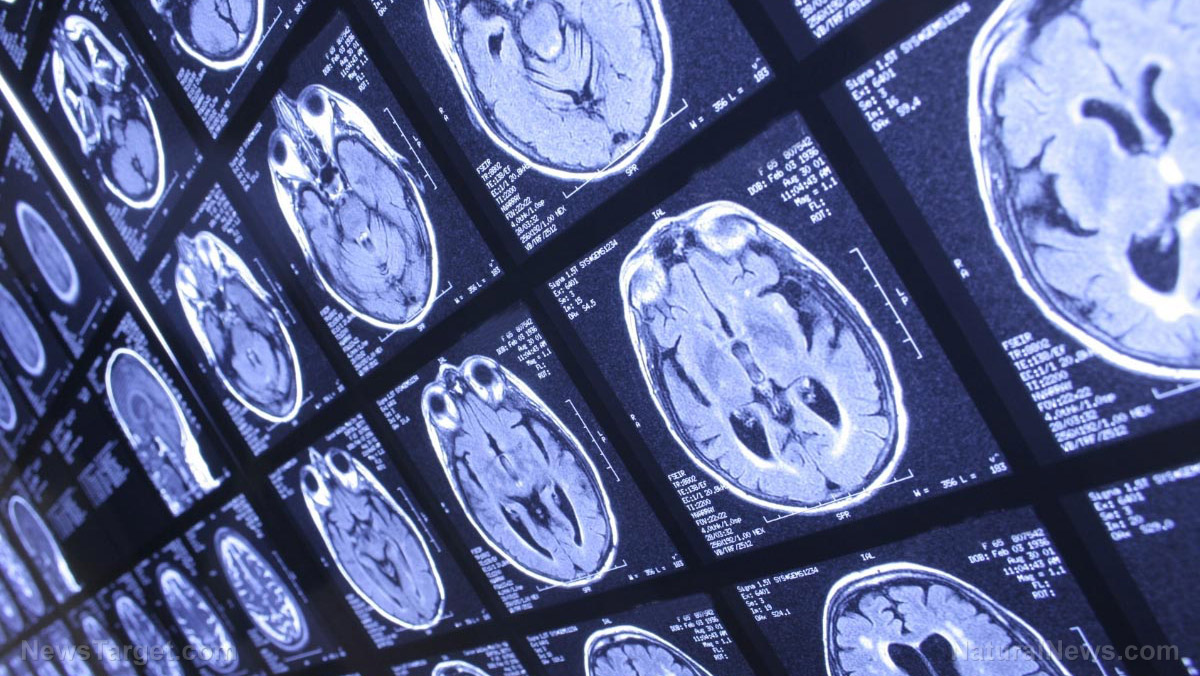Dreamless sleep actually contributes to illness, according to sleep expert
01/11/2019 / By Michelle Simmons

According to a recently published comprehensive review of data, dreamless sleep can contribute to illness, as reported on Science Daily. Rubin Naiman, a sleep and dream specialist at the University of Arizona Center for Integrative Medicine, examined data regarding the causes and extent of rapid eye movement (REM) sleep and dream loss related to medications, substance use disorders, sleep disorders, and behavioral and lifestyle factors. In addition, Naiman reviewed the negative effects of REM sleep and dream loss.
REM sleep and non-REM sleep are the two main types of sleep. Dreams usually occur during REM sleep. REM sleep initially happens about 90 minutes after falling asleep. The eyes move quickly from side to side as the eyelids are closed. Aside from this, it is also characterized by mixed frequency brain waves, irregular and faster breathing, irregular heart rate, and involuntary muscle jerks.
On the other hand, non-REM sleep is dreamless sleep. Contrary to REM sleep, the heartbeat, breathing, and eye movements are slow, and muscles are relaxed. The depth of this stage increases up to three stages.
“We are at least as dream-deprived as we are sleep-deprived,” said Naiman.
The lack of dreams caused by poor sleep is silently causing many health issues. Naiman claims that REM and dream loss are silent health hazards that contribute to illness, such as depression. He called the problem loss of dreams a “silent epidemic.” (Related: Depression and mental disorders can be prevented and treated with simple healing foods.)
In his review, “Dreamless: the silent epidemic of REM sleep loss,” he explained the different factors that could lead to dream loss during REM sleep.
Dream loss may be caused by substance abuse. The excessive consumption of alcohol can cause the release of hormones that greatly disturb REM and dreaming. Widely-used pharmaceutical drugs, such as benzodiazepines, SSRI antidepressants, and tricyclic and older monoamine oxidase inhibitor antidepressants are also known to disturb REM sleep. Sleep disorders, which include sleep apnea, insomnia, and insufficient sleep syndrome, may also cause dream loss.
The paper was published in the Annals of the New York Academy of Sciences.
The benefits of dreaming
Although the reason why we dream remains unclear, dreams have certain benefits.
Dreaming can help you learn. If you sleep after learning a complicated task, you may be 10 times better at that activity than if you stayed awake. Dreams help the brain absorb and process new information.
Dreaming can also be therapeutic. Dreams can help heal the emotions you felt in your realistic dream. In addition, it can also be a form of therapy for those who are experiencing post-traumatic stress disorder or some form of emotional trauma. According to studies, dreams attempt to remove the emotion out of a certain experience by creating a memory of it. The brain separates the emotions from memory, making it no longer emotional.
Lastly, dreaming helps you get over your fears. According to studies, this is more applicable to those who are aware they are dreaming, which is known as lucid dreaming. A lucid dreamer can manipulate what happens in their dream. This can be used to practice the things you are afraid to do in real life, and as you practice more, the brain gets reprogrammed continually; thus, overcoming your fears.
Read more news on the benefits of dreaming at Mind.news.
Sources include:
Tagged Under: depression, dreamless, dreams, mental health, MindBodyScience, REM Sleep, sleep



















